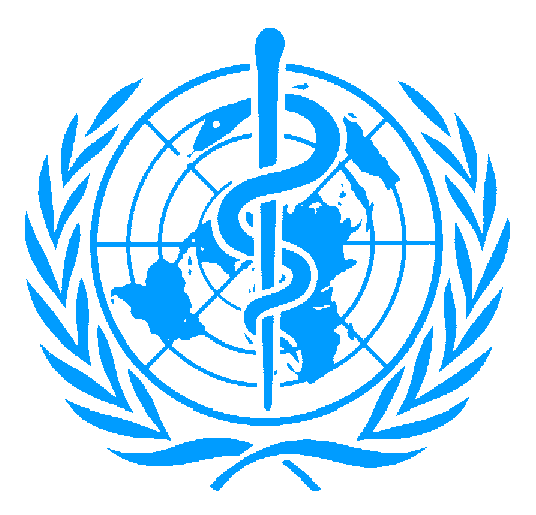The industry has no clothes

United Nations agencies must join forces at the policy level and refuse interference from tobacco companies in their programs so the destructive impact of tobacco can be effectively addressed and lives can be saved, according to a UN News story quoting the head of the World Health Organization’s Framework Convention on Tobacco Control (FCTC) Secretariat, Dr. Vera Luiza da Costa e Silva.
The News story said the FCTC, which was celebrating its 15th anniversary of adoption this year, was a global health treaty that advocated the control of tobacco production, sale and use, as a way to reduce tobacco-related illnesses, deaths, environmental degradation and poverty across the world.
‘According to a report by WHO and the UN Development Programme (UNDP), it is estimated that up to one billion people could die from tobacco-related diseases this century,’ the story said. ‘Currently, over seven million people die every year due to tobacco use.
‘In addition, tobacco costs the global economy over a trillion dollars annually in medical expenses and lost productivity. As for the environmental impacts – deforestation and soil degradation for tobacco cultures, as well as water and soil pollution from cigarette littering – they cannot be overstated.’
“In 15 years, we have made a lot of progress, with tobacco-control measures in place in most of the world’s countries for example,” said da Costa e Silva. “But we are still facing a great deal of interference from the tobacco companies in government decision-making and even inside our own house, within UN agencies.”
Article 5.3 of the Convention requires that parties to the treaty ensure that their public health policies are protected ‘from commercial and other vested interests of the tobacco industry’. The article is based on the idea that there is a fundamental and irreconcilable conflict between the tobacco industry’s interests and public health interests.
“They are wolves masquerading as sheep,” said da Costa e Silva, referring to poverty-reduction programs and other development projects that tobacco industry giants are funding, in partnership with several international inter-governmental organisations.
